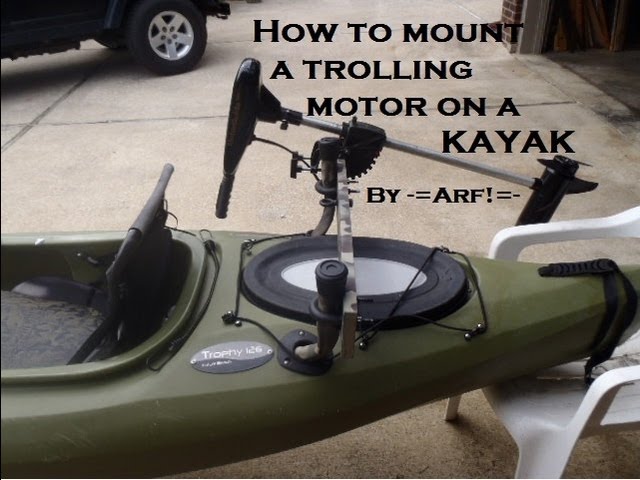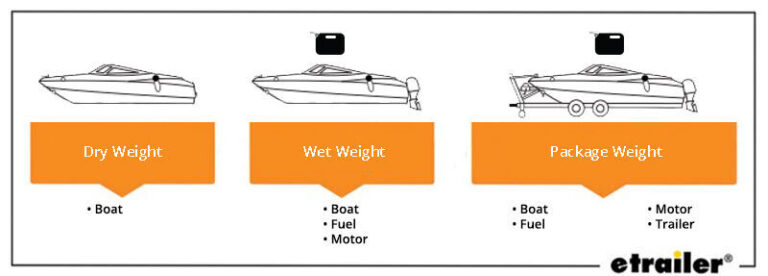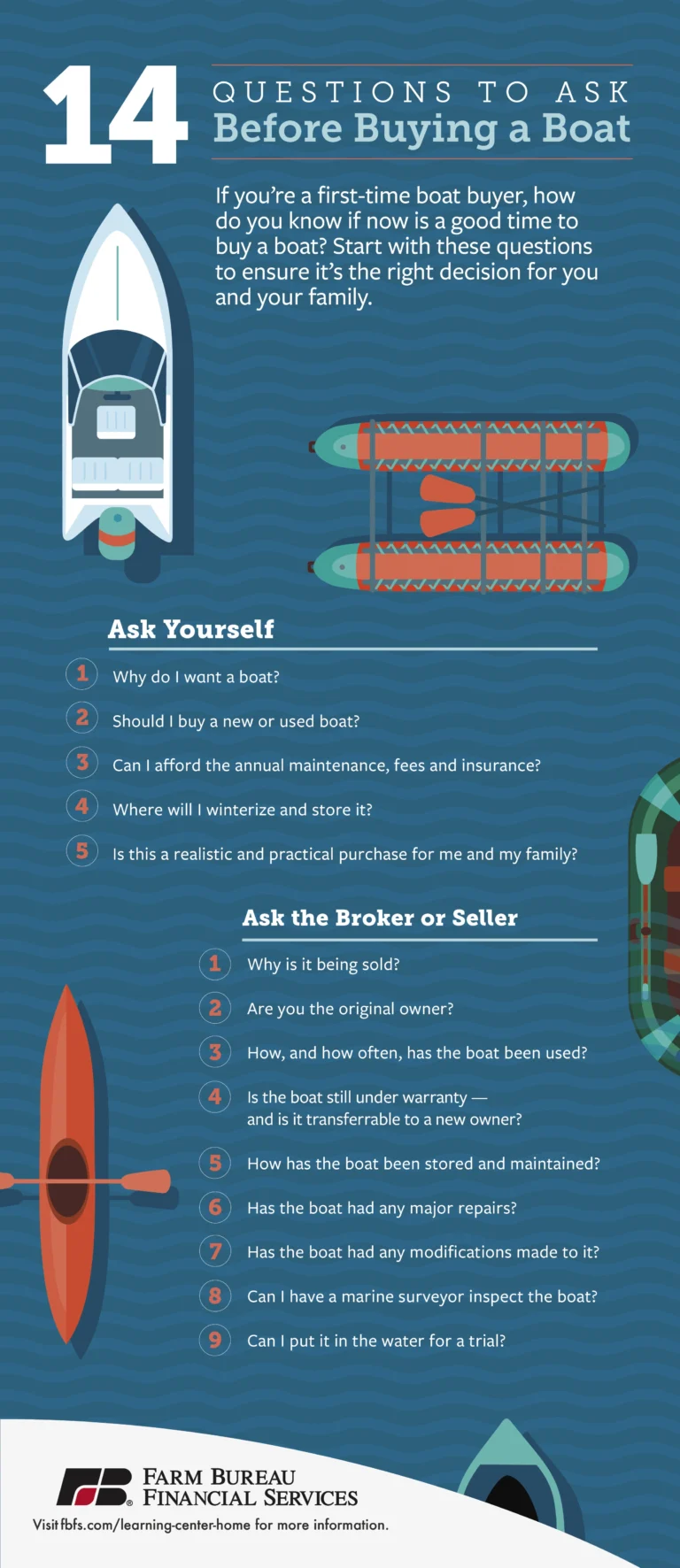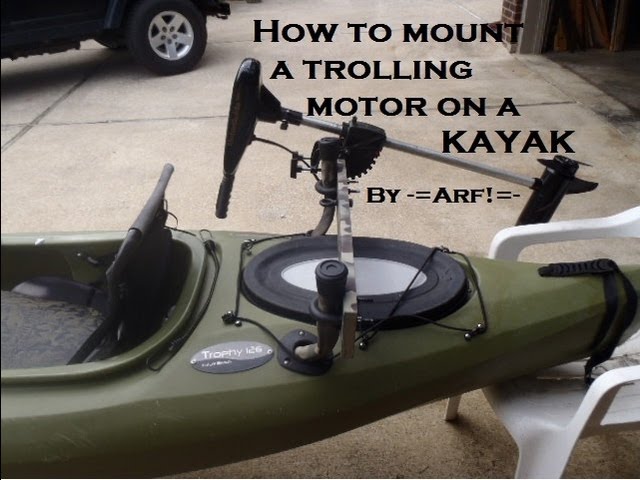How to Transport a Pedal Boat
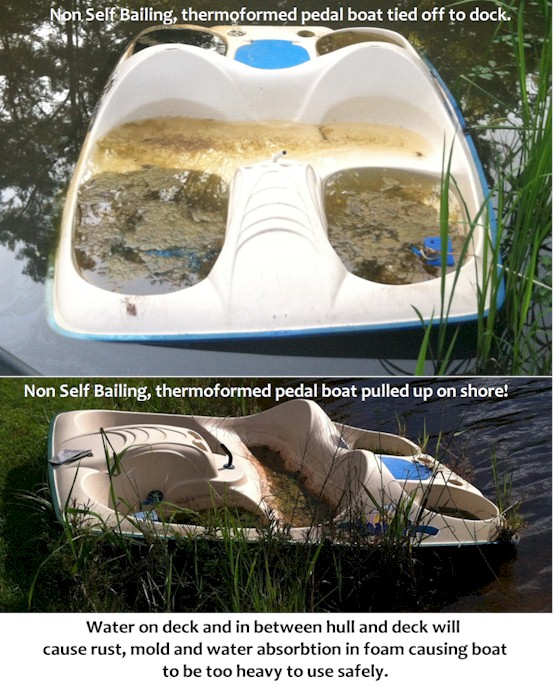
To transport a pedal boat, secure it on a trailer or in the bed of a truck. Ensure it is tied down tightly to prevent movement during transit.
Transporting a pedal boat can seem daunting, but with the right approach, it’s straightforward. Pedal boats, while bulky, are relatively lightweight and can be moved with minimal equipment. The first step is finding an appropriate vehicle, such as a truck or a trailer that can accommodate the boat’s size and shape.
The next crucial aspect is securing the boat properly. Using straps and ropes, you need to fasten the boat to prevent any sliding or tipping that could lead to damage. It’s essential to distribute the weight evenly and check that the boat doesn’t obstruct your view while driving. Safety should be your top priority, not only for your pedal boat but for other road users. By following these simple guidelines, you can safely get your pedal boat to the water and enjoy a day of leisurely pedaling.
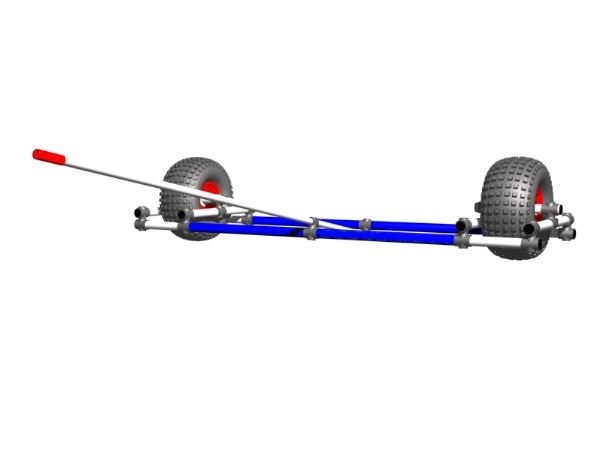
Credit: www.cadkat.com
Transporting A Pedal Boat: Initial Considerations
Transporting a pedal boat requires knowledge of its size and weight. Measure your boat to plan for transport. Knowing the boat’s exact dimensions helps select the right trailer or carrier. Check the boat’s weight to ensure your vehicle can safely tow it. Always consult your car’s owner manual for towing capacities.
Local regulations may dictate how to transport your boat. Some areas require special permits or have restrictions on transport times. Be sure to research local laws before you set out. This step prevents fines and ensures a smooth trip to the water.

Credit: www.nauticexpo.com
Preparation Steps Before Transport
Clean your pedal boat thoroughly to avoid transporting dirt. Remove all personal belongings. Secure loose parts to prevent damage during transport. Ensure the hull is dry to reduce potential mold growth. With a clean and secure boat, you’re now ready to gather supplies.
Begin by making a list of essential transport supplies. You’ll need sturdy ropes or straps. Don’t forget protective padding. Padding shields your boat from scratches. Select a suitable trailer that fits the size and weight of your pedal boat. Check that the trailer’s lights work. This ensures safety on the road.
Choosing The Right Vehicle And Trailer
Before transporting a pedal boat, it’s critical to evaluate your vehicle’s towing capacity. Check the owner’s manual or contact the manufacturer to ensure your vehicle can handle the weight. The hitch system must match your vehicle’s specifications. Using a hitch that is not rated for your vehicle can lead to accidents.
Your choice of trailer also plays a fundamental role in the safe transport of a pedal boat. Choose a trailer that not only fits the boat securely but also adheres to legal weight restrictions. Proper setup involves securing the boat firmly to prevent movement during transit. Use straps and ratchets that are designed for the task. Double-check all connections before hitting the road.

Credit: www.pinterest.com
Loading And Securing The Pedal Boat
Transporting a pedal boat requires care and attention. Always lift with your legs, not your back. Engage your core muscles to keep your spine safe. It’s crucial to bend your knees and keep the boat close to your body.
To secure the boat, use strong straps. Place them over the boat’s body and tighten gently to avoid damage. Cross the straps for added stability. Make sure the boat doesn’t wobble or slide during transport.
| Lifting Technique | Strap Placement |
|---|---|
| Legs bent | Across the body |
| Spine straight | Crossed for stability |
| Boat close to body | Gentle tension on straps |
Safe Transport Practices On The Road
Navigating tricky turns and busy highways requires focus. Secure your pedal boat firmly onto the trailer. Always check local traffic regulations before you set off. Ensure that trailer lights work and are visible. This is key for safety.
Make regular stops to inspect the pedal boat’s position. Check if the straps remain tight and the boat hasn’t shifted. Adjustment during the trip may be necessary. Look out for loose items and secure them. Remember, safety should never take a back seat!
Unloading And Post-transport Maintenance
Safely unloading your pedal boat is crucial to avoid damage. Ensure two people are available to lift the boat off the transport vehicle. Both should grasp opposite sides firmly. Work together to lift and lower the boat to the ground gently. Once the boat is on the ground, carry it to its storage area or water.
After transport, rinse the pedal boat with fresh water. It removes grit and salt that can scratch or corrode. Inspect the hull for any transport damage. Check moving parts, like pedals and rudder, for proper function. Apply a UV protectant spray to the boat’s surface to prevent sun damage. Store the boat upside-down or covered to keep it clean and dry.
Frequently Asked Questions On How To Transport A Pedal Boat
Can A Pedal Boat Fit In A Truck Bed?
Yes, a pedal boat can often fit in a truck bed, provided the bed is large enough to accommodate the boat’s dimensions. Secure it properly for safe transportation.
Can You Put A Pedal Boat On A Roof Rack?
Yes, you can transport a pedal boat on a roof rack if it fits securely and does not exceed the rack’s weight limit. Ensure proper strapping to avoid damage during transit.
Can Pedal Boats Tip Over?
Yes, pedal boats can tip over, but it is uncommon. Careful weight distribution and avoiding abrupt movements help prevent capsizing.
How Do You Store A Boat Pedal?
Store your boat pedal in a dry, sheltered area to prevent weather damage. Hang it vertically or place it upside down on a rack to avoid distortion. Ensure the storage space is secure to protect against theft or vandalism.
Conclusion
Transporting a pedal boat doesn’t have to be a daunting task. With the right equipment and preparation, you can safely move your vessel to any destination. Always prioritize safety for yourself, others, and your boat. Start planning your next adventure now; your pedal boat is ready to hit new waters, thanks to your newfound transport know-how!
Also Worth Reading:
- How Do People Afford Boats
- How Much Does a Bass Boat Weigh
- How to Buy a Used Fishing Boat
- How to Change a Boat Trailer Tire
- How to Clean Aluminum Boat
- How to Hang a Kayak
- How to Make a Jon Boat More Stable
- Can a Tacoma Pull a Boat
- Can You Put a Trolling Motor on a Kayak
- Can You Use a Car Battery for a Trolling Motor

